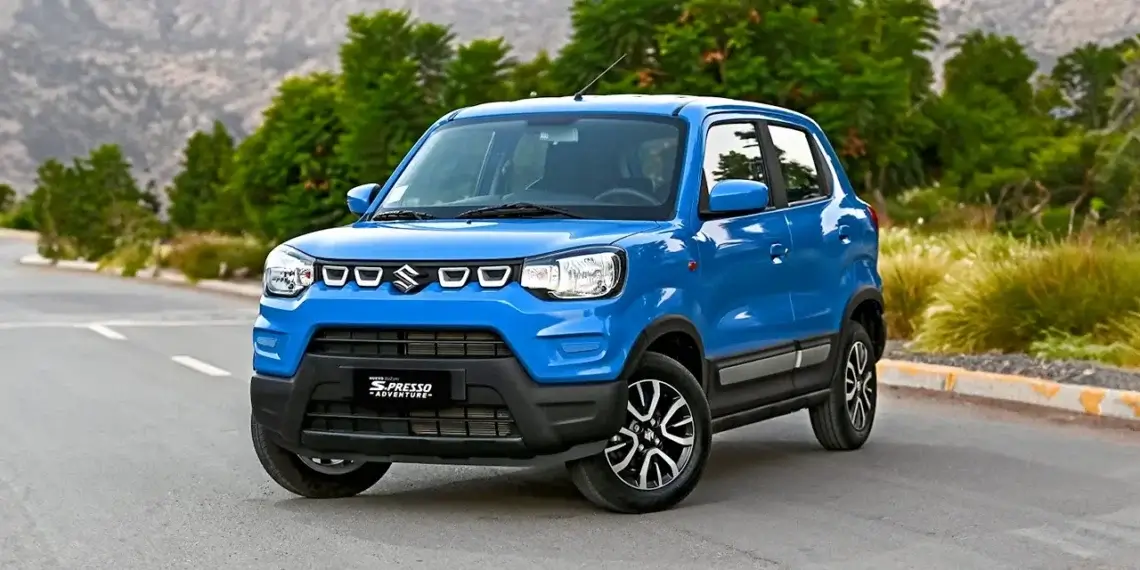Suzuki Motor has suspended the production of its popular Swift subcompact car because of parts shortages that were triggered by China’s decision to curb rare earth exports, according to two sources familiar with the matter. The Japanese automaker stopped producing the Swift (excluding the Swift Sport variant) on May 26 and had initially planned to resume production in early June. However, the company has been forced to postpone the restart several times, with Suzuki now planning a partial restart on June 13 and full production after June 16.
The company refused to comment on the reasons for the production stoppage, while the sources asked not to be named because they were not authorized to discuss the matter. China’s export restrictions on rare earths and related magnets, announced in April, have disrupted critical supply chains for global manufacturers, including automakers, aerospace firms and semiconductor makers. The industry has been on high alert in recent weeks, with some European auto parts factories stopping production altogether and companies such as Mercedes-Benz looking into ways to mitigate potential shortages.
The impact of these export curbs highlights China’s dominance in the rare earth sector, a key vulnerability for manufacturers worldwide. Suzuki’s production halt is the first publicly acknowledged case among Japanese automakers and underscores the risks facing the industry as it grapples with increasingly fragile supply chains. Industry experts warn that prolonged shortages could have ripple effects across the automotive sector, particularly as electric vehicles become more reliant on rare earth magnets. Suzuki has not revealed how many units of the Swift it will not be able to produce because of the disruption.










